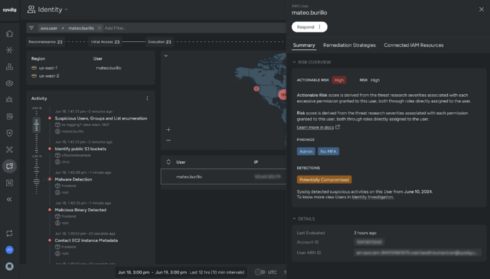
The open-source distributed PostgreSQL platform, pgEdge, has a new release with advanced logical replication features, large object support, and improved error handling.
“These enhancements make pgEdge an even more powerful alternative for legacy multi-master replication technologies, offering greater throughput, flexibility, and control for users,” Phillip Merrick, co-founder and CEO of pgEdge, wrote in a blog post.
PgEdge 24.7 (also called the Constellation Release), adds support for PostgreSQL’s large object logical replication (LOLOR) extension, which provides compatibility for large objects to undergo logical replication. According to pgEdge, this support will allow for “smoother transitions from legacy databases to PostgreSQL without requiring application modifications.”
The release also includes a new advanced error handling and logging mechanism, where replication errors get logged in an exception table, which prevents disruptions to the replication process.
Replication repair mode can also now be toggled on and off, enabling users to have more control over the replication process. PgEdge explained that this is helpful for controlling replication changes during error resolution.
Another new feature is automatic replication of DDL commands across all cluster nodes, which improves the process of updating database schema.
And finally, there is a new extension for Snowflake sequences that ensures unique sequence numbers for different regions without needing to make modifications to code or schemas.
The company also revealed that later this year, it will introduce parallel replication to significantly improve replication throughput.
“It promises to reduce replication lag, ensuring timely data synchronization across nodes and maintaining data consistency even in high-demand environments,” Merrick wrote.
You may also like…
Data scientists and developers need a better working relationship for AI
Software engineering leaders must act to manage integration technical debt